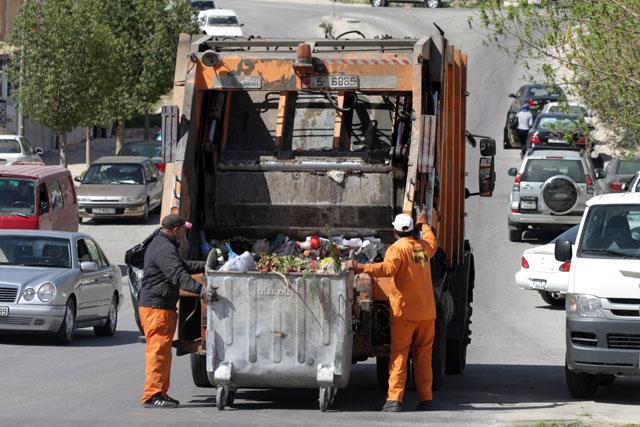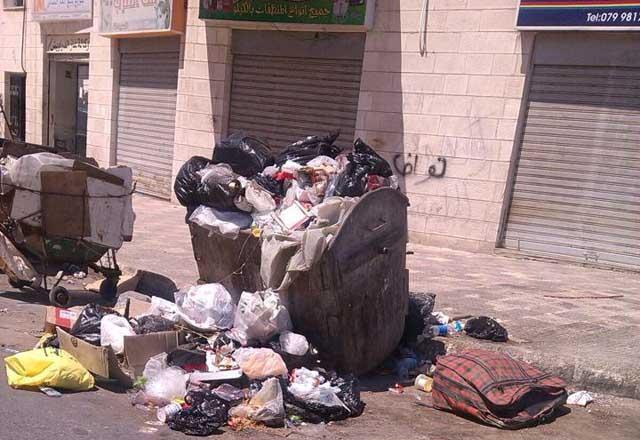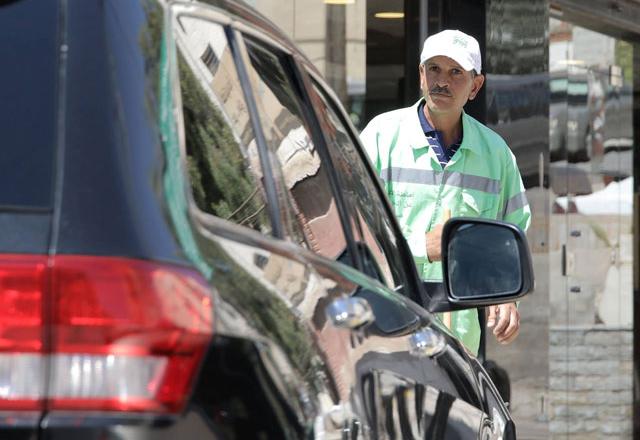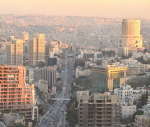You are here
'Amman household waste up 20% in fasting month'
By Hana Namrouqa - Jun 13,2016 - Last updated at Jun 13,2016

In the capital, 4,000 sanitation workers and a fleet of 250 trucks, compactors and vehicles collect and handle garbage (File photo)
AMMAN — Sanitation workers in the capital are operating around-the-clock to cope with the 20 per cent rise in household waste produced during the fasting month of Ramadan, the Greater Amman Municipality (GAM) said on wvSunday.
Muslims fast in daylight hours during Ramadan, but some consume large amounts for the iftar meal, shared at sunset to break the fast.
The GAM’s sanitation workers are collecting 3,500 to 3,600 tonnes of household waste each day, up from 3,000 tonnes per day before Ramadan, according to the municipality’s environment executive director, Yousef Dalabih.
"The increase in waste production is attributed to the change in consumption patterns and lifestyle of people during Ramadan, during which consumption rises and people hold more feasts," Dalabih told The Jordan Times.
He noted that the GAM increased the working hours of its sanitation employees during Ramadan to keep the city clean, especially after the iftar meal.
"We have rescheduled the working hours of sanitation employees and raised the number of garbage trucks. Sanitation workers will be working on multiple shifts to operate around-the-clock," Dalabih said.
In the capital, 4,000 sanitation workers and a fleet of 250 trucks, compactors and vehicles collect and handle garbage.
Following collection, garbage is taken to a station in east Amman before being transported to the Ghabawi Landfill, where it is buried.
Situated some 25km east of Amman, the Ghabawi Landfill serves the capital and the central region.
Related Articles
Sanitation workers collected over 15,000 tonnes of household waste during the Eid Al Fitr holiday, according to the Greater Amman Municipality (GAM), which reported a notable increase in waste production.
The Greater Amman Municipality (GAM) on Wednesday reported an 8 per cent increase in household waste production during Ramadan.
AMMAN — The Greater Amman Municipality (GAM) on Thursday said garbage production in the capital is expected to increase by nearly 15 per cen



















